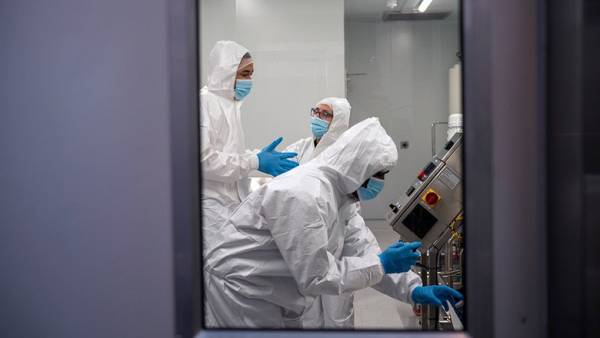
“The worst is definitely behind us. We need to overcome the winter,” said Pollard, who heads the Joint Committee on Vaccination and Immunization at the UK Ministry of Health. “At a certain moment, society must open up. When we open, there will be a moment when there will be a jump in cases of infection, which is why winter may not be the best time [to lift all anti-cancer restrictions],” the scientist added, noting that such a decision “should be made by politicians, not scientists.”
The infectious disease specialist told when the situation with COVID-19 will improve
Pollard called revaccination of the population from coronavirus every six months an impossible task. “We know that people have high levels of antibodies for several months after the third dose of the vaccine, but we need more data to tell when and how often these vulnerable people will need new doses. We cannot vaccinate all people on the planet every 4-6 months. This is irrational and financially impossible. In the future, we should focus on vulnerable people,” the professor said.
At the same time, he noted the importance of combating misinformation that surrounds the topic of vaccinations. “Misinformation creates risks for people’s lives. It is very likely that people became seriously ill and died because of misinformation about vaccines. Some misinformation deliberately came from those who oppose vaccination, while the other was the unintentional result of comments made by politicians. We can say that the statements that were made in Europe influenced people in Africa,” Pollard said.
The UK authorities are currently focusing on revaccination of the population due to the active spread of the omicron strain of coronavirus. Booster vaccination has already been done by 59.5% of Britons over the age of 12 (34.2 million people). 82.5% (47.5 million) of the kingdom’s residents over the age of 12 received both doses of the drug, and 90.1% (51.8 million) received one dose.
Even more interesting things about science and technology